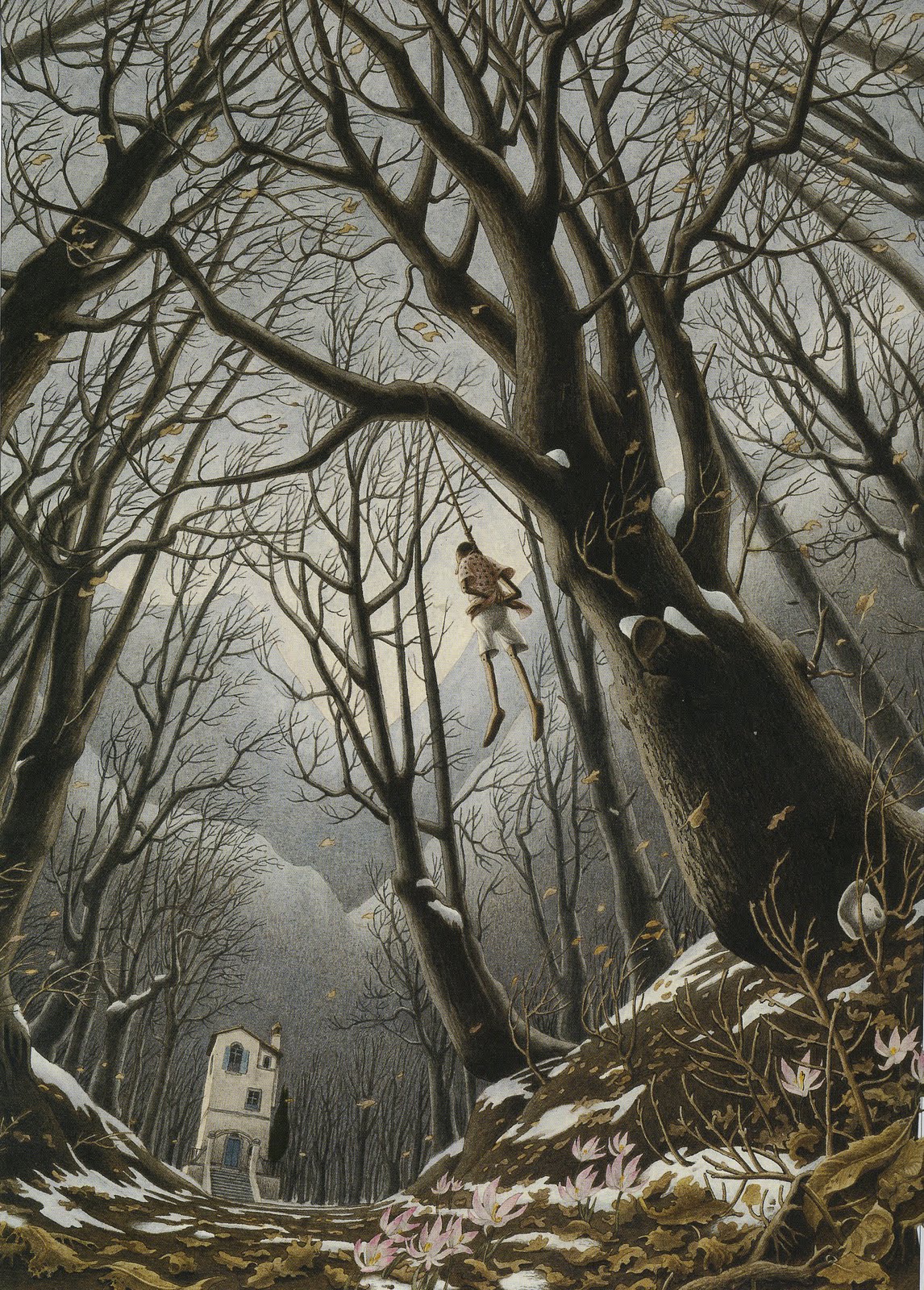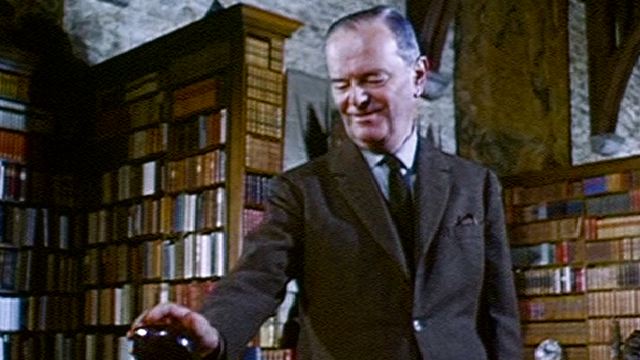Why I am starting this new series is explained: here.

Mankind sees things in photographic negative about childrearing: it’s all backwards, and only those who have deeply assimilated Alice Miller’s legacy have noticed it. Perhaps the most splendid paradigm, in stories, of what Miller called poisonous pedagogy or adult-child projection is precisely the original story by Carlo Collodi.
Pinocchio is nothing more than the transformation of the pure feelings of a child into adult madness; for example, by going to schools where children’s souls are murdered and the child is socialized so that he finally sacrifices his sanity in search for the affection of parental figures, symbolized by the carpenter and the Blue Fairy.
Let’s see. The heading of Chapter IV states: “The story of Pinocchio and the Talking Cricket, in which one sees that bad children do not like to be corrected by those who know more than they do.”
Head over heels—everything in photographic negative! How I wish that my Whispering Leaves were sold out so that I could, by now, be writing the book I had dreamt since the beginning: pure narrative without using hundreds of pages to introduce the reader to the legacy of Miller, deMause and the critics of psychiatry.
Here is a passage of the Collodi tale, poisonous pedagogy in its purest form:
“Woe to boys who refuse to obey their parents and run away from home!” [Chapter IV]
The passage obviously presupposes that the parents (who beat their children or torment them emotionally and ocassionally even rape them) are always right and benign with their children: the opposite of what we saw in the previous entry showing the dark side of Geppetto, a side only noticed by the neighbors who knew him in the story. And what is worse, the domestic abuse is often supported by the abuse at school, so Pinocchio says to the cricket:
“If I stay here the same thing will happen to me which happens to all other boys and girls. They are sent to school, and whether they want to or not, they must study…” [Ibid]
To which the voice of the system, symbolized by the cricket who wants to instill a consciousness of black pedagogy into the child, responds:
“If you do not like going to school, why don’t you at least learn a trade…?” [Ibid]
That is a great insult; not bona fide council as adults often utter these sort of words not out of genuine empathy for the kids.
When I was a child I wanted to be a filmmaker. Kubrick, who dropped out from school, was my idol. Alas, in my late teens my parents put me in a medieval school system and I could not become either (1) a filmmaker or (2) get what they wanted: a college degree either. The mandatory school system was the barrier that destroyed my professional life. Unlike Kubrick, no “Uncle Jacob” appeared in my life to sponsor my filming career since Christian families don’t help their relatives as much as kike families do (cf. MacDonald’s first book of his trilogy).
More recently, this year in fact, I heard my brother angrily telling his child that if my nephew did not want to study at a conventional school, he should seek a trade, and mentioned a supermarket boy (something similar to what the Cricket proposed). My brother’s advice was not directed in an empathic way: it was an obvious act of psychological aggression as no one in his right mind wants to be an errand kid that only earns a few cents.
Going back to my life, if my parents had any empathy with the potential filmmaker I was as a kid, they would have supported my immigration to the US, and instead of spending money at a Mexican school, send me those scarce funds to complete my expenses near Hollywood. But no: the unconscious desire of my mother was to destroy the individualistic mind of her firstborn, as I recount in my Leaves.
Disney’s film is nonsense intended to beautify the crudeness of the Italian text. In Collodi’s original story the cricket’s advice was so insulting that Pinocchio grabbed a hammer of Geppetto’s workshop and threw it toward the damned bug, who “stayed stiff and flat against the wall”: precisely what I did as an adolescent.


